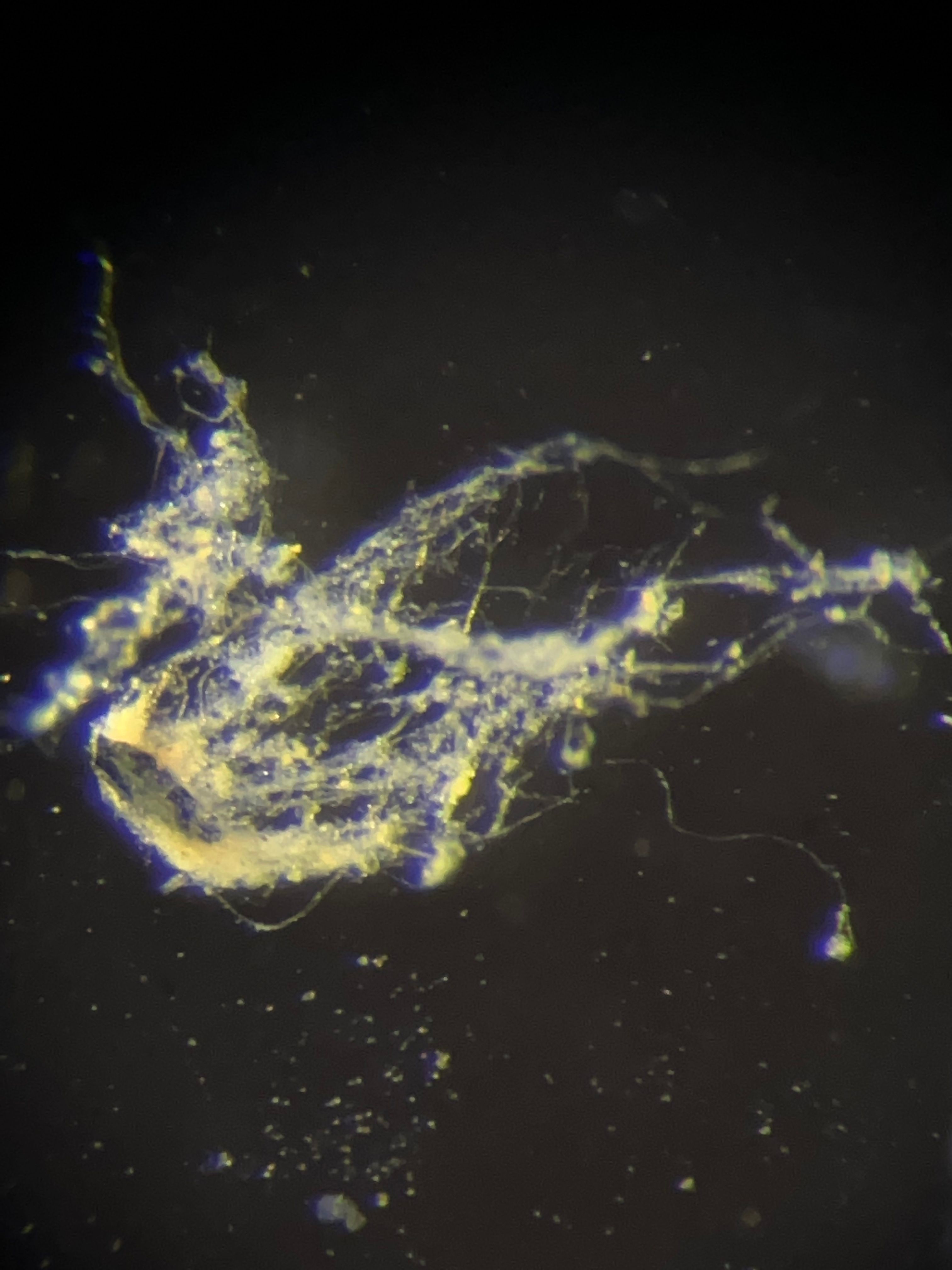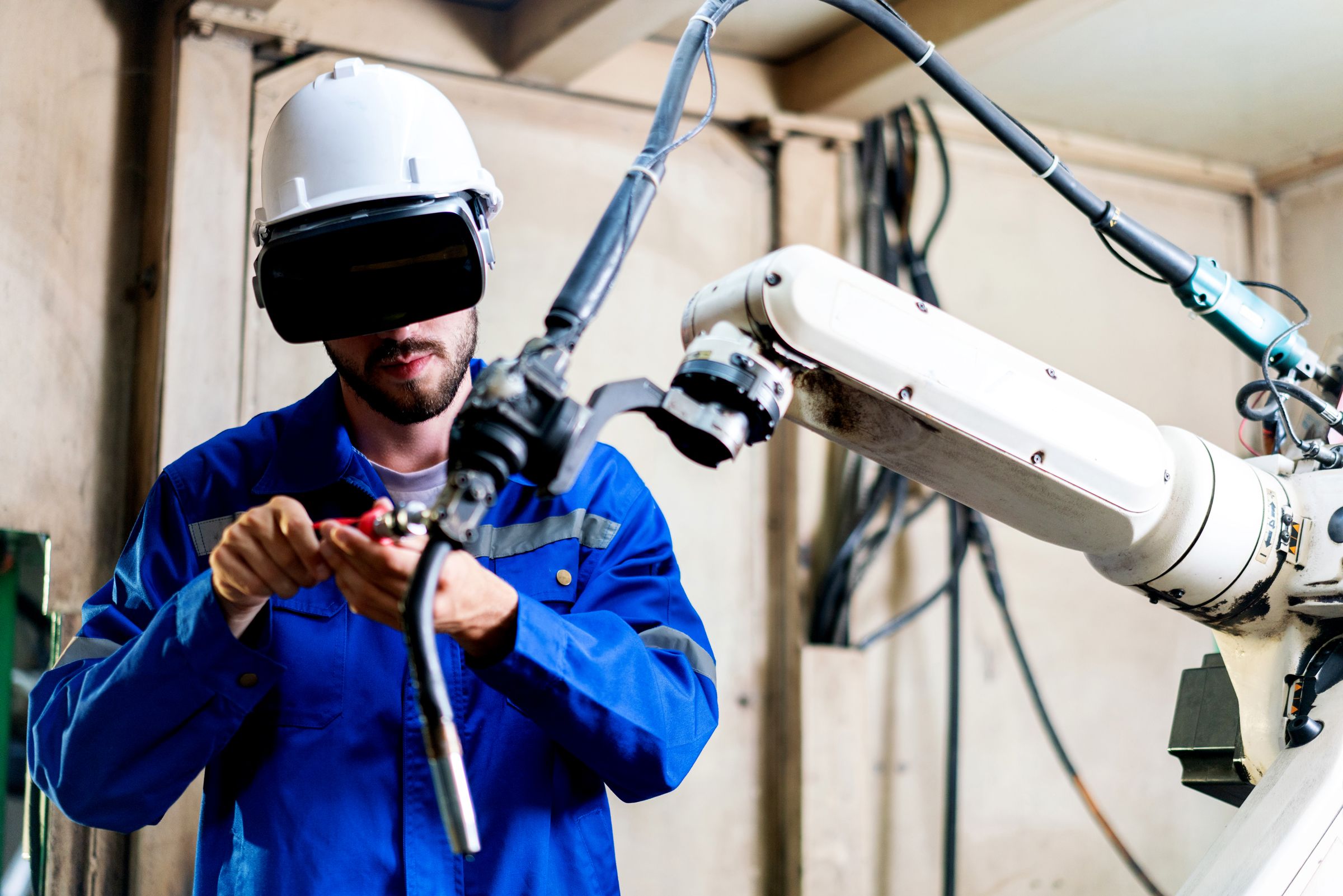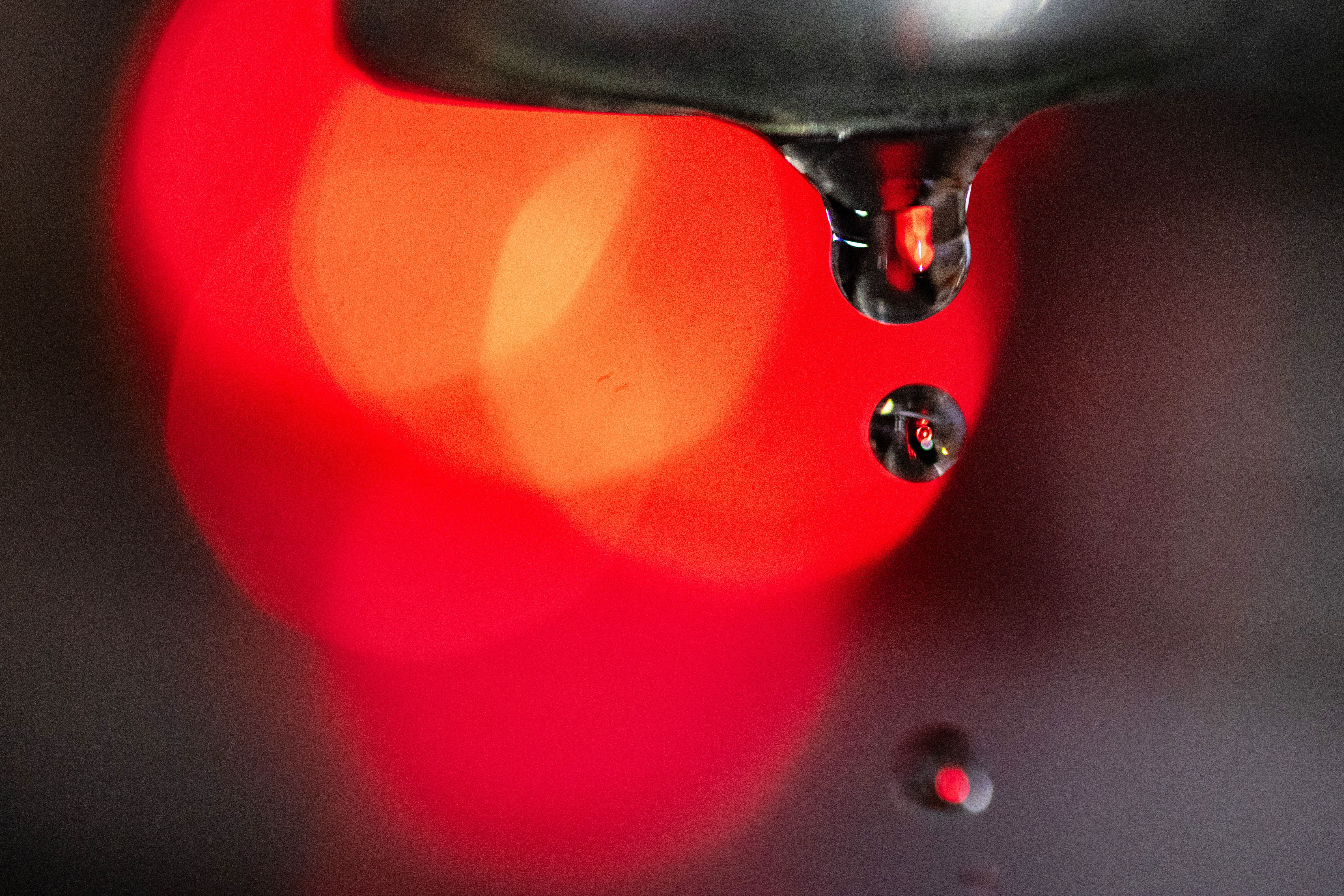Scientists Have Just Discovered a New Type of Electricity-Conducting Bacteria
Scientists Have Just Discovered a New Type of Electricity-Conducting Bacteria
A groundbreaking discovery has just been made by a team of scientists who have found a new type of…

Scientists Have Just Discovered a New Type of Electricity-Conducting Bacteria
A groundbreaking discovery has just been made by a team of scientists who have found a new type of bacteria that is capable of conducting electricity. This discovery has the potential to revolutionize the field of bioelectronics and open up new possibilities for renewable energy sources.
The bacteria, known as Geobacter sulfurreducens, was found to possess conductive pili – tiny filaments that allow it to transfer electrons over long distances. This ability to conduct electricity makes it a promising candidate for use in bioelectronic devices and microbial fuel cells.
Researchers believe that harnessing the power of these electricity-conducting bacteria could lead to the development of new bioenergy technologies that are both sustainable and environmentally friendly. By utilizing these bacteria, it may be possible to create self-powered sensors, biofuel cells, and even biocomputers.
Furthermore, this discovery could have implications for the field of medicine, as the bacteria could potentially be used to power implantable medical devices or drug delivery systems. The possibilities are truly endless.
The team of scientists is continuing their research to further understand the capabilities of Geobacter sulfurreducens and how it can be used in practical applications. Their findings have been published in a prestigious scientific journal, sparking excitement among the scientific community.
As we continue to explore the vast potential of these electricity-conducting bacteria, we are one step closer to a more sustainable and energy-efficient future. The implications of this discovery are truly profound and are sure to shape the future of bioelectronics and renewable energy technologies.





